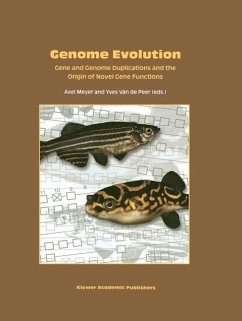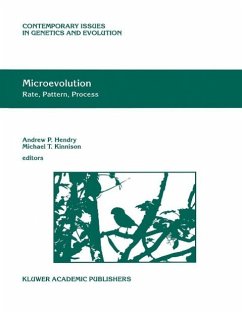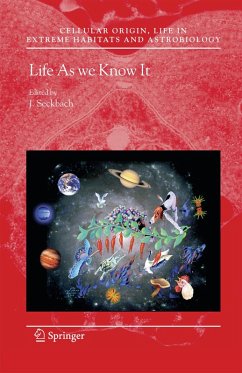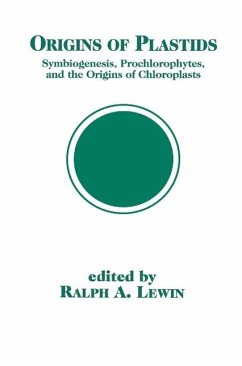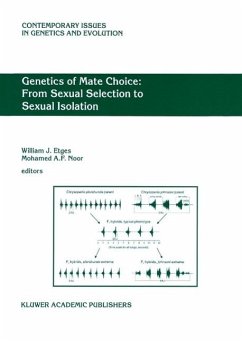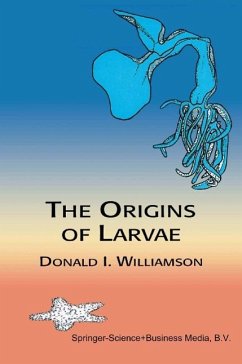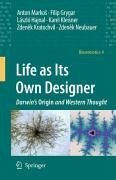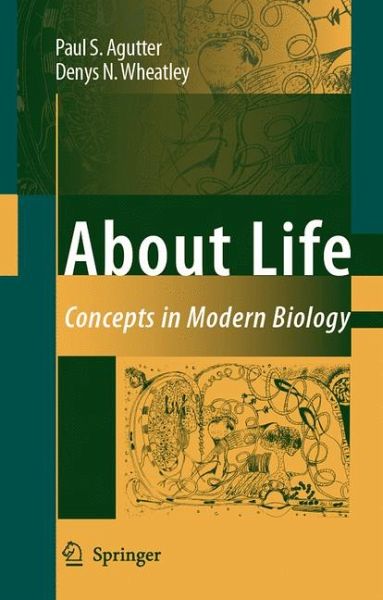
About Life (eBook, PDF)
Concepts in Modern Biology
Versandkostenfrei!
Sofort per Download lieferbar
38,95 €
inkl. MwSt.
Weitere Ausgaben:

PAYBACK Punkte
19 °P sammeln!
This book uses modern biological knowledge to tackle the question of what distinguishes living organisms from the non-living world. The authors first draw on recent advances in cell and molecular biology to develop an account of the living state that applies to all organisms (and only to organisms). This account is then used to explore questions about evolution, the origin of life, and the possibility of extraterrestrial life. The authors also consider human evolution, intelligence, and the extent to which our species can be regarded as biologically unique. About Life makes modern cell biology...
This book uses modern biological knowledge to tackle the question of what distinguishes living organisms from the non-living world. The authors first draw on recent advances in cell and molecular biology to develop an account of the living state that applies to all organisms (and only to organisms). This account is then used to explore questions about evolution, the origin of life, and the possibility of extraterrestrial life. The authors also consider human evolution, intelligence, and the extent to which our species can be regarded as biologically unique. About Life makes modern cell biology comprehensible to the non-specialist. Non-technical language is used throughout and all scientific terms are clearly explained when they are introduced. The novel approach taken by this book to issues in biology will interest both the general reader as well as students and specialists in the field.
Dieser Download kann aus rechtlichen Gründen nur mit Rechnungsadresse in A, B, BG, CY, CZ, D, DK, EW, E, FIN, F, GR, HR, H, IRL, I, LT, L, LR, M, NL, PL, P, R, S, SLO, SK ausgeliefert werden.




